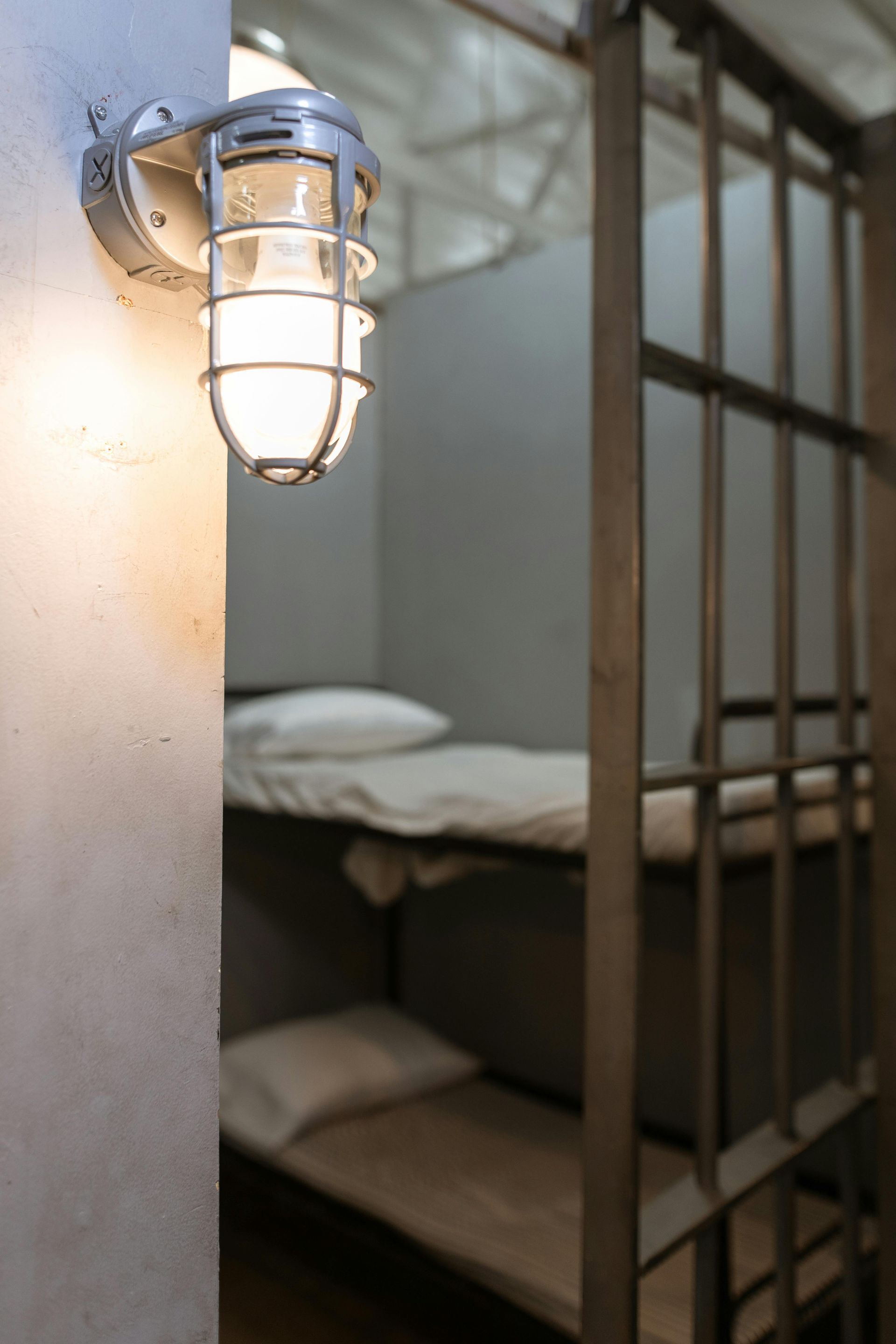Timeline for Wrongful Death Claims in Nebraska
Timeline for Wrongful Death Claims in Nebraska
Losing a loved one due to another's negligence or wrongful actions is devastating. In addition to the emotional toll, families are often faced with financial burdens that can be overwhelming. In Nebraska, wrongful death claims provide a legal avenue for seeking compensation for these losses. However, like any legal process, wrongful death claims have specific timeframes that must be adhered to. Understanding the timeline for filing a wrongful death lawsuit in Nebraska can help you navigate the legal process more effectively and ensure that you do not miss any critical deadlines.
What is a Wrongful Death Claim in Nebraska?
A wrongful death claim in Nebraska is a legal action taken when someone dies as a result of another person’s negligence, wrongful act, or breach of duty. These claims allow the deceased person's family members to seek compensation for damages such as funeral expenses, loss of financial support, emotional pain, and other related costs. In Nebraska, only certain family members are eligible to file a wrongful death claim, including spouses, children, and parents of a deceased minor child.
The Statute of Limitations for Wrongful Death Claims
One of the most important aspects of filing a wrongful death claim in Nebraska is the statute of limitations, which is the time limit within which you must file your lawsuit. In Nebraska, the statute of limitations for wrongful death claims is generally two years from the date of the deceased person's death. If you fail to file your claim within this time frame, you could lose your right to seek compensation. This is why it’s important to act promptly and consult with an experienced attorney to ensure that your case is filed within the legal deadline.
Exceptions to the Statute of Limitations
While the two-year rule is the general guideline, there are some exceptions that may extend or shorten the statute of limitations. For example, if the wrongful death was caused by a government entity or employee, different rules may apply, and you might need to provide notice of the claim within a shorter period. Additionally, if the cause of death was not immediately apparent, such as in cases of delayed medical malpractice, the statute of limitations might begin on the date when the cause of death was discovered, not the date of death. These nuances can be difficult to navigate without legal guidance, making it critical to speak with an attorney.
Steps in the Wrongful Death Claim Process
Filing a wrongful death claim involves several key steps that can take time to complete. After determining the appropriate statute of limitations and consulting with an attorney, the process typically includes the following stages:
- Investigation: The attorney will investigate the circumstances of the death, gather evidence, and determine whether the death was caused by another party's negligence.
- Filing the Claim: Once the facts have been established, the wrongful death claim is filed in the appropriate court. The court will determine whether there is enough evidence to proceed.
- Negotiation or Trial: After the claim is filed, there may be negotiations to reach a settlement or the case could go to trial. If the case goes to trial, a judge or jury will determine liability and award damages.
- Resolution: Once a settlement is reached or the trial concludes, compensation is awarded to the surviving family members.
How to Avoid Delays in Your Wrongful Death Claim
To avoid delays in your wrongful death claim, it’s important to begin the process early. Gathering evidence, interviewing witnesses, and working with legal experts can take time, so delaying the process can harm your chances of securing compensation. Additionally, hiring an attorney with experience in wrongful death cases can help ensure the process goes smoothly and within the legal time limits.
If you have lost a loved one due to wrongful actions or negligence in Nebraska, it’s crucial to understand the legal timeline for filing a claim. The statute of limitations for wrongful death claims in Nebraska is generally two years, but exceptions may apply depending on the case. It is always best to act promptly and consult with an experienced attorney to ensure that you meet the deadlines and pursue the compensation your family deserves. Contact VB Law to discuss your case and get guidance through this difficult process.













